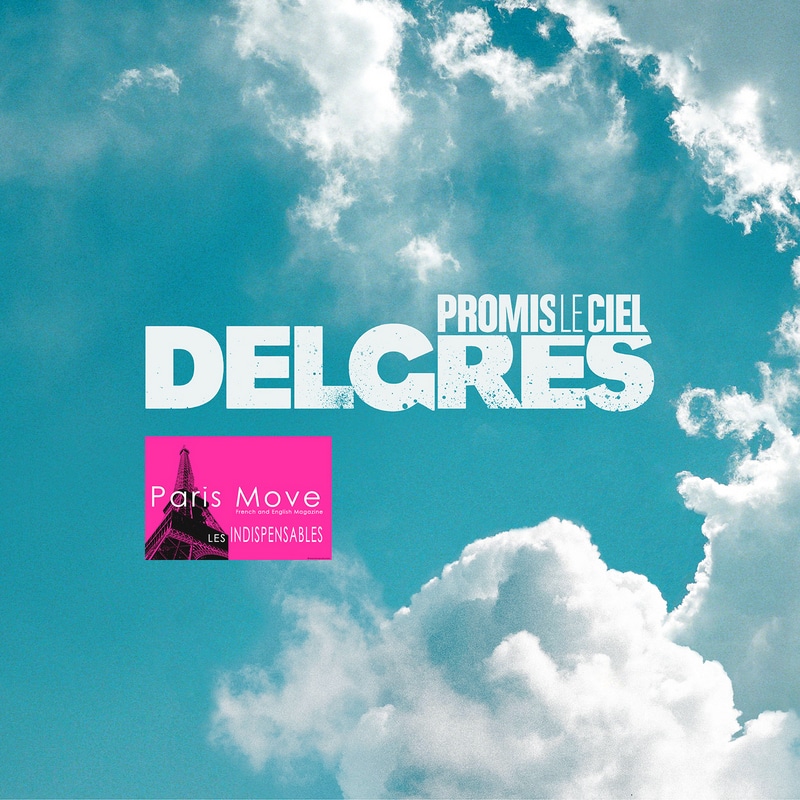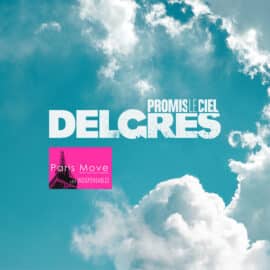| Blues Cajun, Jazz créole |

What we love about Delgres is that almost Cajun aspect of their music, although the band’s story differs from the Cajun story except for the Creole language that has given the Cajun world this strange Francophonie that Francophones struggle to understand. With their third album, the Delgres trio joins the honorable lineage of great power trios with this unique personal touch of intertwining Creole and French as if it were a new language capable of competing on the field of English verb.
It was during the Rivière noire adventure that singer Pascal Danaë, a guitarist of Guadeloupean origin, met drummer Baptiste Brondy. They have a twenty-year age gap, but they immediately recognize themselves in this project bringing Brazilian music back to its African roots – a Victoire de la musique in 2015 for this trio with Brazilian singer Orlando Morais and bassist and producer Jean Lamoot.
Son of a professional drummer, Baptiste Brondy settled behind his toms at the age of 3. The musician from Nantes accompanies the elite of rock music, from Jean-Louis Aubert to the Silencers, before meeting Pascal Danaë, son of an electrician raised to the sound of the Kinks’ guitar. “Despite our age difference, we are hyperconnected. The pieces are born from this dialogue, as if Baptiste already knows the rest of the sentence as soon as I put a finger on my guitar.”
Beyond that, one must hear beneath the sounds and through Pascal Danaë’s voice, a way of reliving the history of the French islands which have been a succession of pains, with forced Christianity to manipulate the local populations and enslave them. Nowadays, even if things seem to have changed, the fact remains that the local population is often the most affected by poverty and crime. Delgres tells a bit of this story, often with deep lyrics that should be studied in universities, as they are revealing of a people’s history and pain.
Of course, this album refers to racism and everything that touches these populations, and furthermore, let’s salute the humanism that emanates from all the works contained on this album.
Pierre Bastide, former musicology teacher of its singer Pascal Danaë. “After starting my career with the Paris Opera Orchestra, the Radio France Philharmonic Orchestra and other orchestras such as those of the Capitole or Lille, I began to diversify both in variety and jazz with artists like Ibrahim Maalouf or Enrico Macias,” recounts the bass tuba player. “He’s an extraterrestrial,” Pascal Danaë marvels. “He is capable of flourishing in both Moussorgski and in an Antillean mazurka or a Mandingo fanfare!”
Here is a group as we adore them, the analogy between Delgres’ music and Cajun music, blues, or other musical forms dear to our hearts are present on every track of this album, making their recent concerts in the USA perfectly legitimate and understandable.
Let’s also emphasize the trio format perfectly exploited by this group which, from album to album, never disappoints. A great vintage like every Delgres album that knows how to make itself indispensable to our ears.
Thierry De Clemensat
USA correspondent – Paris-Move and ABS magazine
Editor in chief Bayou Blue Radio, Bayou Blue News
PARIS-MOVE, February 14th 2024
::::::::::::::::::::::
